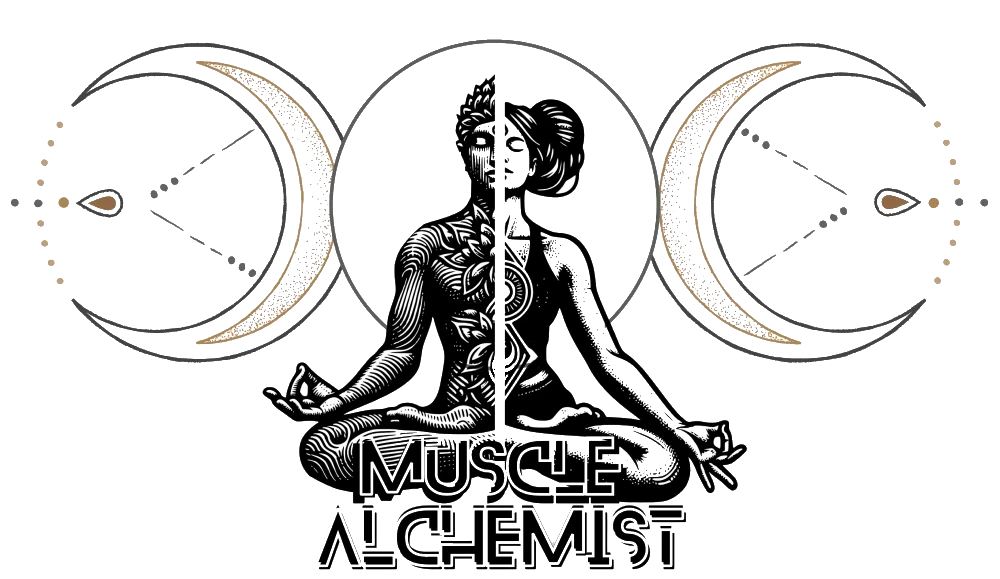Fitness isn’t just about working out – what you eat plays an essential role in achieving your fitness goals. Without the right nutrition, your body won’t have the fuel it needs to perform at its best. Whether you’re looking to build muscle, lose weight, or improve endurance, nutrition is key to your success.
Proper nutrition supports recovery, boosts energy levels, and helps you maintain a healthy body composition. In this article, we’ll explore the importance of nutrition in fitness and how you can optimize your diet for peak performance.
1. Macronutrients: The Building Blocks of Your Diet
Macronutrients are the primary components of our diet that provide energy. They include:
- Carbohydrates: Carbs are the body’s main source of energy. They provide quick fuel for intense workouts and help replenish glycogen stores after exercise. Choose complex carbs like whole grains, fruits, and vegetables for sustained energy.
- Proteins: Protein is essential for muscle repair and growth. After a workout, your muscles need protein to rebuild and become stronger. Good sources of protein include lean meats, eggs, beans, and plant-based protein options.
- Fats: Healthy fats are crucial for hormone regulation and long-term energy. Incorporate sources of unsaturated fats such as avocados, nuts, and olive oil into your diet.
2. Pre-Workout Nutrition: Fueling Your Performance
The food you eat before a workout can have a significant impact on your performance. A balanced pre-workout meal should focus on providing energy and enhancing endurance. Aim to eat a meal with carbohydrates and protein 1-2 hours before your workout.
A good example of a pre-workout snack is a banana with peanut butter, or a whole-grain toast with avocado and turkey slices. These foods provide both quick and sustained energy, giving you the fuel you need to power through your session.
3. Post-Workout Nutrition: Promoting Recovery
After your workout, your body needs nutrients to repair and rebuild muscle tissue. This is the time to focus on protein and carbs. Consuming protein within 30 minutes to an hour after exercise is ideal for muscle recovery.
A post-workout meal could include grilled chicken with quinoa and vegetables, or a protein shake with a side of fruit. This combination will help replenish glycogen stores and provide the amino acids necessary for muscle repair.
4. Hydration: The Forgotten Key to Fitness
Water is often overlooked, but it plays a crucial role in fitness. Staying hydrated helps maintain optimal performance, prevents fatigue, and aids in muscle recovery. Aim to drink water throughout the day, and increase your intake during workouts, especially if you’re engaging in intense activities.
If you’re exercising for longer periods or in hot conditions, consider replenishing electrolytes with a sports drink or coconut water.
5. Meal Planning for Fitness
Meal planning is an essential strategy for maintaining a healthy, balanced diet. By preparing meals in advance, you ensure that you have the right foods available to support your fitness goals. This also helps you avoid unhealthy, impulsive food choices.
Start by planning your meals around your workout schedule. For example, you might want a higher-carb meal before your workout for energy, followed by a protein-packed meal afterward to promote muscle recovery.
Conclusion: Fueling Your Body for Success
Nutrition is just as important as exercise when it comes to achieving your fitness goals. A well-balanced diet provides the energy, nutrients, and hydration your body needs to perform, recover, and grow stronger. By focusing on proper nutrition and making mindful food choices, you’ll maximize your fitness results and support your long-term health.

